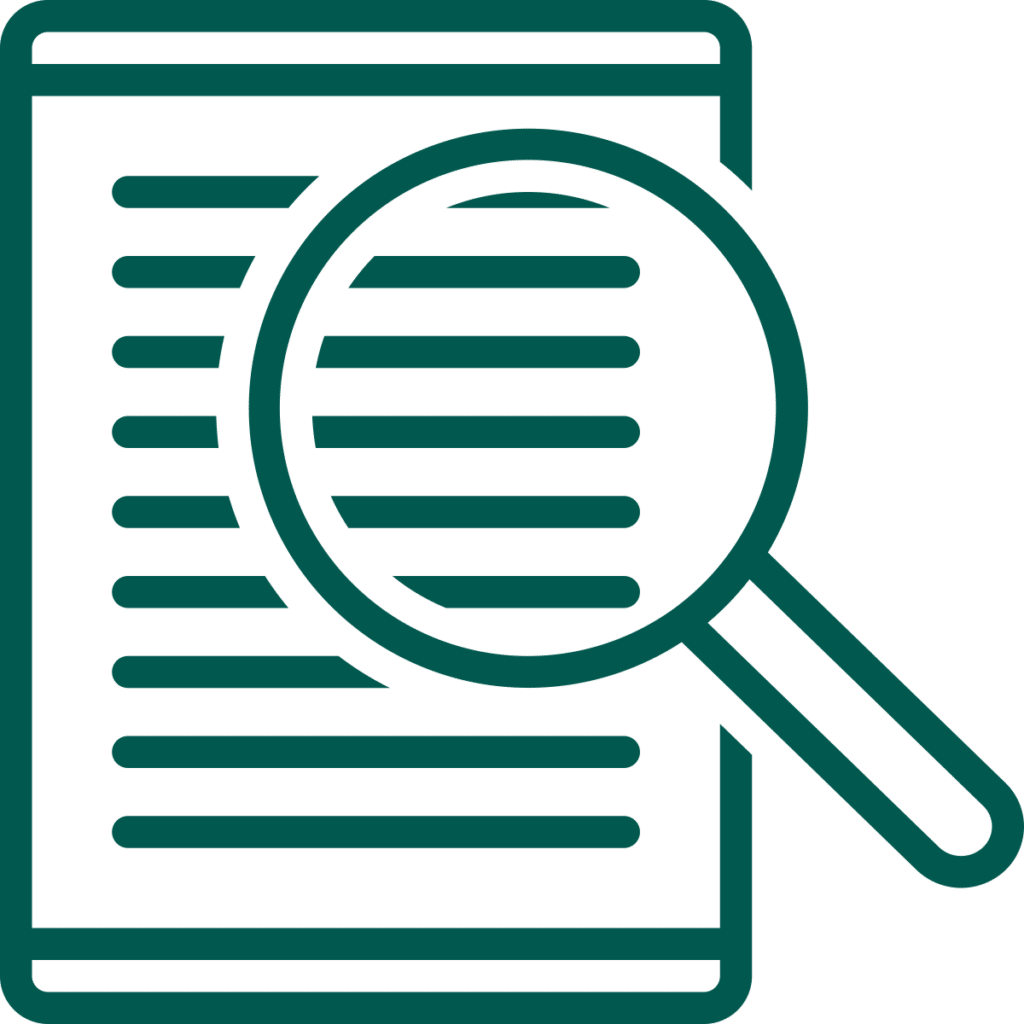
Interim Legislative Council #
Website #
Membership and meeting agendas available on website.
Purpose/Jurisdiction #
“Sec. 5. (a) The council may do any of the following:
- “On its own initiative or at the direction of the general assembly or of the senate or house of representatives, study subjects of interest and concern, and based on such a study, recommend such legislation as the welfare of the state may require.
- “Direct standing committees of the senate or house of representatives, or appoint committees and subcommittees subject to the authority of the council, to carry out studies on subjects of interest and concern.
- “Recommend such codification and general revision of the constitution and the laws of the state as may from time to time be necessary.
- “Require any officer or agency, board, commission, committee or other instrumentality of the state or of a political subdivision of the state to provide information bearing on subjects under consideration by the council or by standing committee or any of its committees or subcommittees.
- “by an affirmative vote of two-thirds (2/3) of its members present and voting:
- “(A) administer oaths, issue subpoenas, compel the attendance of witnesses and the production of papers, books, accounts, documents and testimony and have the deposition of witnesses taken in the manner prescribed by law for taking depositions in civil actions bearing on subjects under consideration by the council or by any of its committees or subcommittees; and
- “(B) petition, through the presiding officer of the council, any circuit court, superior court, or probate court of the appropriate county for an order for compliance with any order or subpoenas issued under this section” (IC 2-5-1.1-5).
Subcommittees #
“(c) It is the responsibility of the audit committee to provide independent review and oversight of the state board of accounts and the examination process used by the state board of accounts. To carry out this responsibility, the audit committee shall do at least the following:
- “Review and monitor the independence and objectivity of the state board of accounts and the effectiveness of the examination process, taking into consideration relevant professional and regulatory requirements.
- “Evaluate the findings and recommendations of any peer review of the state board of accounts that is required by recognized government auditing standards.
- “Receive and review reports of examinations submitted under IC 5-11-5-1 or another law to monitor the integrity of the financial reporting process and the effectiveness of the state board of accounts in evaluating the internal accounting controls of audited entities.
- “Monitor the actions of the examined entities to follow up on reported findings to assure corrective action is taken.
- “Review the policy on the engagement of the state board of accounts, its field examiners, and private examiners to supply nonaudit services, taking into account relevant ethical guidance regarding the provision of nonaudit services by the state board of accounts.
- “Provide guidance to the state board of accounts on any accounting, examination, or financial reporting matter requested by the state board of accounts.
- “At least annually, report to the legislative council on how the audit committee has discharged its duties and met its responsibilities.
“(d) An examined entity shall provide the audit committee with information, including any reports of internal auditors and annual internal audit work plans, that the audit committee requests as necessary or appropriate to carry out the responsibilities of the audit committee.
“(e) IC 2-5-1.2 applies to the committee. In addition, the audit committee may retain the services of at least one (1) financial expert who is either an audit committee member or an outside party engaged by the audit committee for this purpose. The financial expert must, through both education and experience and in a manner specifically relevant to the government sector, possess:
- “an understanding of generally accepted accounting principles and financial statements;
- “experience in preparing or auditing financial statements of comparable entities;
- “experience in applying such principles in connection with the accounting for estimates, accruals, and reserves;
- “experience with internal accounting controls; and
- “an understanding of audit committee functions” (IN Code § 2-5-1.1-6.3 (2024)).







